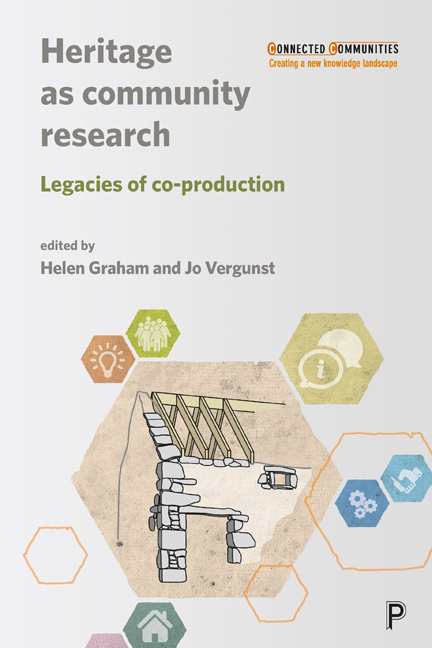nine - Co-productive research in a primary school environment: unearthing the past of Keig
Published online by Cambridge University Press: 27 April 2022
Summary
Introduction
In the Introduction to this book, Vergunst and Graham argue that heritage is ‘about relationships created through inquiry, between past, present and future, between people, and between people and things’. Here, we explore how this definition of heritage challenges attitudes and beliefs in relation to what school is for and the nature of curricula. Archaeology in the school-based community opens up possibilities for learning beyond the limitations of a content-driven model of learning. This chapter also considers the impact of the historical investigations carried out by children as heritage interpretation in the wider community.
We present a contextualised case study of work carried out in a small rural primary school in North-East Scotland. This work saw a community-based landscape researcher's commitment to the full engagement of non-experts in the planning, investigation and dissemination of landscape research being taken up by a head teacher, her staff and pupils. Participants recognised and valued the strength of putting children in charge of shaping what and how they learn. The experiences of all concerned resonate with Margaret Carr's (2005: 42) argument that ‘education is an ontological project’ because it is not just knowledge and skills that are generated, but also ‘shifts and developments in identity’.
Elsewhere in this book, discussion of community and co‑produced heritage research have problematised issues of power in relation to knowledge, skills, decision-making and voice. In this chapter, ways of knowing through co‑production and enskilment are explored through the narrative of a school investigating the history of their village with the support of landscape researcher Colin Shepherd, a head teacher, Jane Murison, along with her staff and pupils at Keig Primary School, and a lecturer from a School of Education, Liz Curtis. Using this material, we argue that the Scottish Curriculum for Excellence (CfE) (Scottish Executive, 2004) is brought into being as a dynamic lived experience for all participants.
The ongoing nature of the work discussed here is significant. It began in 2011 as an element of the ‘Bennachie Landscapes Project’ (see Vergunst et al, Chapter One, this volume) that grew to incorporate a series of Arts and Humanities Research Council (AHRC) Connected Communities projects.
- Type
- Chapter
- Information
- Heritage as Community ResearchLegacies of Co-production, pp. 187 - 208Publisher: Bristol University PressPrint publication year: 2019



